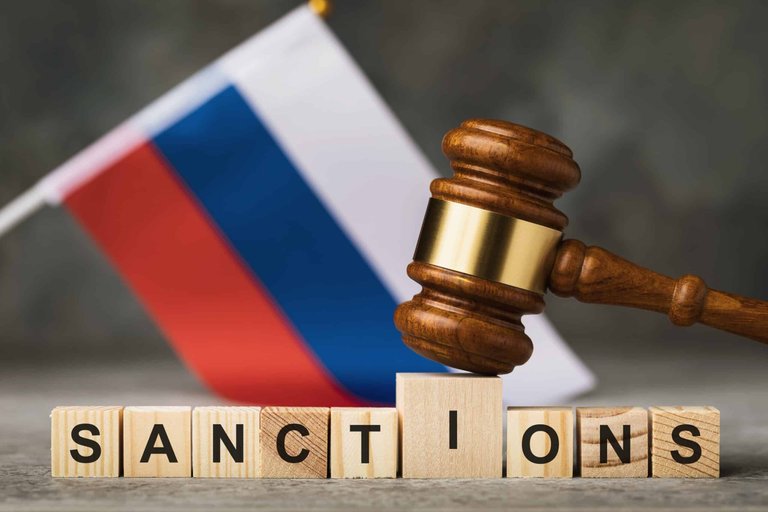Five Russian nationals and two Venezuelans have been charged with violations related to the purchase of US-made military and dual-use equipment on behalf of Russian buyers and the shipment of Venezuelan oil in violation of the restrictions.
Federal prosecutors say some electronic components ended up in Russian weapons systems captured on the battlefield in Ukraine.
On Wednesday, the US Department of Justice announced the filing of a 12-count indictment in federal court in Brooklyn, New York.
The five Russians face various charges of global procurement and money laundering.
The United States is currently seeking the extradition of one of the defendants, who were arrested in Germany and Italy, respectively.
The two companies brokered illicit oil deals for the state-owned Venezuelan oil company Petroleos de Venezuela S.A (PDVSA).
Detailing the charges, the US Attorney for the Eastern District of New York stated:
The defendants were criminal oligarchs who orchestrated a complex scheme to illegally obtain US military technology and certified Venezuelan oil through a myriad of transactions involving shell companies and cryptocurrency.
Jonathan Carson, Special Agent in Charge in the US Department of Commerce's Office of Export Enforcement, confirmed:
We will continue to enforce the unprecedented export controls implemented in response to Russia's illegal war against Ukraine, and the Export Law Enforcement Office intends to prosecute these offenders wherever they are around the world.
US officials allege that the defendants used an entity registered in Germany to carry out the shipments.
Using pro forma institutional entities, the Venezuelans have smuggled hundreds of millions of barrels of oil out of Venezuela for Russian and Chinese clients.
Among them, the aluminum company of a sanctioned Russian oligarch and a Beijing-based oil and gas conglomerate.
The deals were brokered by the Venezuelans, and the transactions worth millions of dollars were routed through a number of shell companies and bank accounts.
The US Department of Justice alleged that participants in the scheme also used money laundering through carriers in Russia and Latin America and cryptocurrency transfers to conduct transactions.

